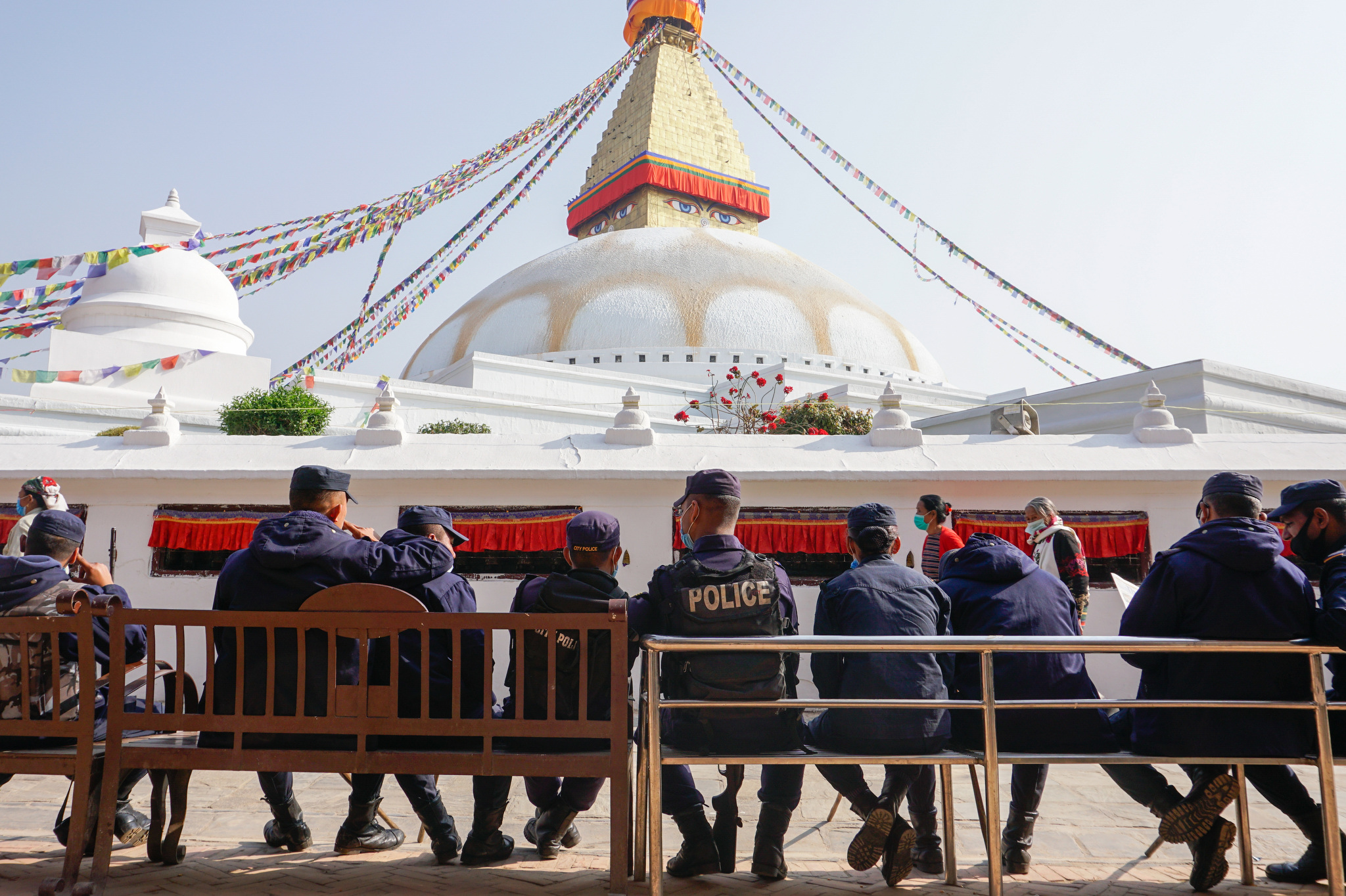Tibetan Identity at Risk: China’s Systematic Oppression Intensifies
The Communist Party of China (CCP) has long been accused of systematic oppression in Tibet, targeting the region’s cultural, religious, and social fabric. The Tibetan people, known for their deep-rooted Buddhist traditions and unique cultural identity, have faced relentless efforts by the CCP to erode their heritage and assimilate them into the broader framework of Communist China.
One of the most alarming aspects of the CCP’s policies in Tibet is the targeted suppression of Buddhist education. Buddhist monasteries, which have historically served as centres of learning and spiritual growth, are being systematically dismantled as places of education for Tibetan children. The CCP has implemented measures to prevent children from attending these monasteries, depriving them of the opportunity to learn about their own religious and cultural heritage. Parents are often coerced through intimidation and threats, forcing them to keep their children away from Buddhist teachings. This deliberate strategy not only undermines the spiritual foundation of Tibetan society but also aims to sever the intergenerational transmission of Buddhist values and practices.
The CCP’s actions extend beyond the suppression of religious education. The party has actively worked to weaken the Tibetan community by resettling large numbers of Han Chinese in the region. This demographic engineering is designed to dilute the Tibetan population, making them a minority in their own homeland. The influx of Han Chinese has led to significant cultural and social changes, with Tibetan traditions and languages being overshadowed by the dominant Han culture. This demographic shift is part of a broader strategy to assimilate Tibet into the Communist Chinese identity, erasing its distinctiveness and reducing the influence of Tibetan culture.
The resettlement of Han Chinese in Tibet is accompanied by economic policies that further marginalize the Tibetan people. Tibetan-owned businesses often struggle to compete with Han-owned enterprises, which receive preferential treatment from the government. Infrastructure projects, while touted as development initiatives, are frequently designed to benefit Han settlers rather than the local Tibetan population. These policies exacerbate economic disparities and contribute to the erosion of Tibetan autonomy and self-sufficiency.
In addition to these measures, the CCP has implemented strict surveillance and control mechanisms in Tibet. Tibetan monasteries, schools, and communities are closely monitored, with authorities cracking down on any signs of dissent or resistance. The pervasive surveillance creates an atmosphere of fear and mistrust, stifling the Tibetan people’s ability to express their cultural and religious identity freely. Activists and community leaders who speak out against the CCP’s policies often face imprisonment, torture, or other forms of persecution, further silencing voices of resistance.
The CCP’s actions in Tibet have drawn widespread condemnation from the international community. Human rights organizations have documented numerous instances of abuse, including arbitrary arrests, forced disappearances, and restrictions on freedom of movement and expression. Despite this, the CCP continues to justify its policies in Tibet as efforts to promote stability and development. This narrative, however, fails to acknowledge the devastating impact of these policies on the Tibetan people and their cultural heritage.
The erosion of Tibetan Buddhism is particularly concerning, as it represents an attack on the spiritual foundation of Tibetan society. Buddhism has been a cornerstone of Tibetan identity for centuries, shaping the region’s values, traditions, and way of life. The CCP’s efforts to suppress Buddhist education and practices threaten to sever the connection between the Tibetan people and their spiritual heritage, leaving a void that cannot be easily filled.
The international community has a crucial role to play in addressing the atrocities committed by the CCP in Tibet. Governments, organizations, and individuals must continue to advocate for the rights of the Tibetan people, raising awareness of their plight and pressuring the CCP to end its oppressive policies. Supporting Tibetan cultural and religious institutions, both within Tibet and outside Tibet, is essential to preserving the region’s unique heritage and ensuring that future generations can continue to embrace their identity.
The CCP’s actions in Tibet represent a systematic effort to suppress the region’s cultural, religious, and social identity. By targeting Buddhist education, intimidating families, resettling Han Chinese, and implementing strict surveillance measures, the CCP aims to assimilate Tibet into the broader framework of Communist China. These policies not only undermine the rights and freedoms of the Tibetan people but also threaten the preservation of their unique heritage. It is imperative that the international community continues to stand in solidarity with Tibet, advocating for justice and the protection of its cultural and spiritual legacy.













